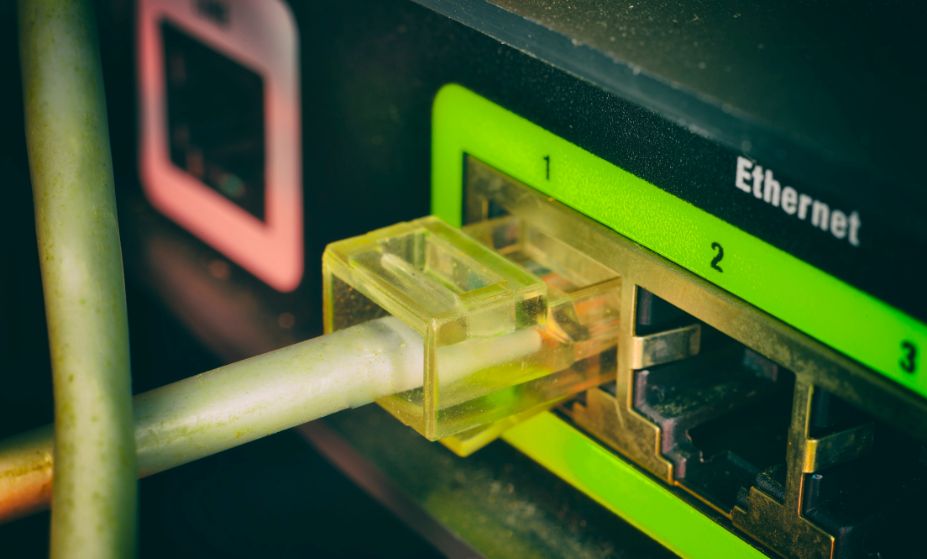You might wonder why you would want to use several IP addresses on a server. The answer is that IP addresses represent your online identity, and when you are running a blog or website, the more online identities you have, the better. In this article, we will explore two reasons why using multiple IP addresses is beneficial: caching and security.
Introduction
If you’re running a server, you might be wondering if it’s worth using multiple IP addresses. After all, one IP address can handle multiple connections, so why would you need more than one?
Well, there are actually several benefits to using multiple IP addresses on a server. For one, it can help improve performance. Having multiple IP addresses allows your server to distribute the load more evenly, which can lead to better overall performance.
Another benefit is that it can provide more flexibility when it comes to configuring your network. If you want to set up certain services to only be accessible from certain locations, using multiple IP addresses can make that much easier to do.
Finally, using multiple IP addresses can also increase security. If one of your IP addresses becomes compromised, the others can still be used to access your server. This way, you can ensure that your server is always accessible, even if one of the IP addresses is no longer safe to use.
What are IP Addresses?
An IP address is a unique identifier for a device on a network. All devices on a network must have a unique IP address in order to communicate with each other.
IP addresses are typically assigned by a network administrator or ISP. However, some networks use dynamic IP address assignment, which means that IP addresses are assigned automatically to devices as they join the network.
There are two types of IP addresses: public and private. Public IP addresses are assigned to devices that connect to the internet and can be accessed by anyone. Private IP addresses are used for internal networks and are not accessible from the internet.
One benefit of using several IP addresses on a server is that it allows you to segment your network into different subnets. This can be useful for security or performance reasons. For example, you could create a separate subnet for your database server to keep it isolated from other parts of your network.
Another benefit of using multiple IP addresses on a server is that it gives you more flexibility when configuring your network. For example, you could use one IP address for each website that you host on your server. This would allow you to easily add or remove websites without having to change any other settings on your server.
The Benefits of Having a Few IP Addresses on One Server
There are a few benefits of having multiple IP addresses on one server. One benefit is that it can help improve website speed. Having multiple IP addresses can help distribute a load of traffic across different servers and improve website speed. Another benefit is that it can improve website security. By having multiple IP addresses, it can be more difficult for hackers to target a specific IP address and gain access to a website or server. Finally, having multiple IP addresses can also help improve email deliverability. If emails are sent from a single IP address, they may be more likely to be marked as spam by email providers. However, if emails are sent from multiple IP addresses, they may be less likely to be marked as spam.
Conclusion
There are several benefits to using multiple IP addresses on a server. By doing so, you can improve performance and security, as well as increase the number of available IP addresses. This can be especially helpful if you have a large number of users or devices that need to connect to your server. If you’re looking for ways to improve your server’s performance and security, using multiple IP addresses is definitely something to consider.



